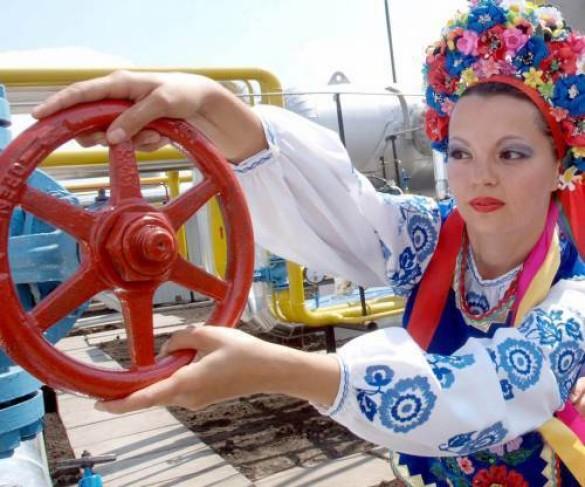
RUSSIA VS UKRAINE: TRUCE

Ukraine and Russia came closer to a truce in a price feud that threatens to trigger a cutoff in Ukraine's natural-gas supply after agreeing on proposals to break the deadlock.
The two sides agreed during talks Monday in Brussels to consider a new, undisclosed price and draw up a repayment plan for natural-gas debts accrued by Ukraine, said the European Union's energy chief Günther Oettinger, who is mediating the talks.
If the two countries reach a deal, it would mark the end of a dispute that has spiraled since a pro-Europe protest movement toppled Ukraine's former Kremlin-friendly President Viktor Yanukovych in February. Russia had threatened to demand advance payments for gas as early as this week, saying it would shut off Ukraine's tap if its embattled neighbor didn't comply. Such a move would likely disrupt supplies to Europe, since much of the Continent's gas from Russia flows through Ukraine.
"Real progress has been made," Mr. Oettinger said at a news briefing Monday evening. The two sides are due to reconvene next week after Russian gas monopoly OAO Gazprom and Ukraine's state energy company Naftogaz complete the proposals and consult with their governments.
The signs of progress in resolving the gas feud came as more fighting between pro-Russian separatist and Ukraine forces broke out in eastern Ukraine on Monday. Kiev and the West accuse Russia of instigating the unrest in the region.
Energy has become another critical front in the standoff. In April, Gazprom scrapped Ukraine's previous discounts and raised its gas price by 80% to $485.50 per 1,000 cubic meters, the highest rate in Europe.
Kiev's new powers have called the price increase politically motivated, aimed at destabilizing their country's already struggling economy. Moscow says the price change is due to Kiev's failure to pay its bills. Gazprom, meanwhile, had threatened to demand payments for future gas supplies up front unless it received payment for natural-gas debts of at least $3.5 billion by Tuesday.
The new price tentatively agreed upon Monday during private talks between Gazprom's CEO Alexei Miller and Naftogaz Chief Andriy Kobolev in Brussels was between the old and the new price, Mr. Oettinger said, without giving details.
Much of the tension building over the past weeks was defused ahead of the meeting in Brussels, when Russia confirmed Monday morning that it had received a partial payment of $786 million from Ukraine for gas.
The amount covers the gas supplies in February and March of this year and means that debts accrued during the first quarter have been settled. How much debt Ukraine still owes is under dispute, since it argues the amount shouldn't include the 80% price increase.
During the meeting, Gazprom agreed not to interrupt gas supplies or demand prepayment for gas deliveries while the talks continue. In exchange, Kiev agreed to hold off on referring the matter to a court of arbitration.
The terms of the deal would need to apply until at least June 2015, Mr. Oettinger said.
The EU has been acting as a go-between in the talks between Kiev and Moscow in the dispute, anxious to avert a scenario that would cause Russia to turn off Ukraine's gas flow. The former Soviet republic is the main transit route for Russian gas imports to the 28-country bloc, which received 39% of its gas supply from Gazprom last year.
EU leaders have repeatedly called on Russia not to use energy as a political tool to pressure Ukraine and urged Gazprom to live up to its energy commitments. The bloc has also agreed to lend Ukraine €1.6 billion ($2.18 billion) in budget assistance this year, some of which will likely be used to help Kiev pay its bills.
Spurred by Russian pressure on Ukraine, the EU is also drawing up proposals to increase the bloc's energy security and reduce dependence on Russian gas.
wsj.com




